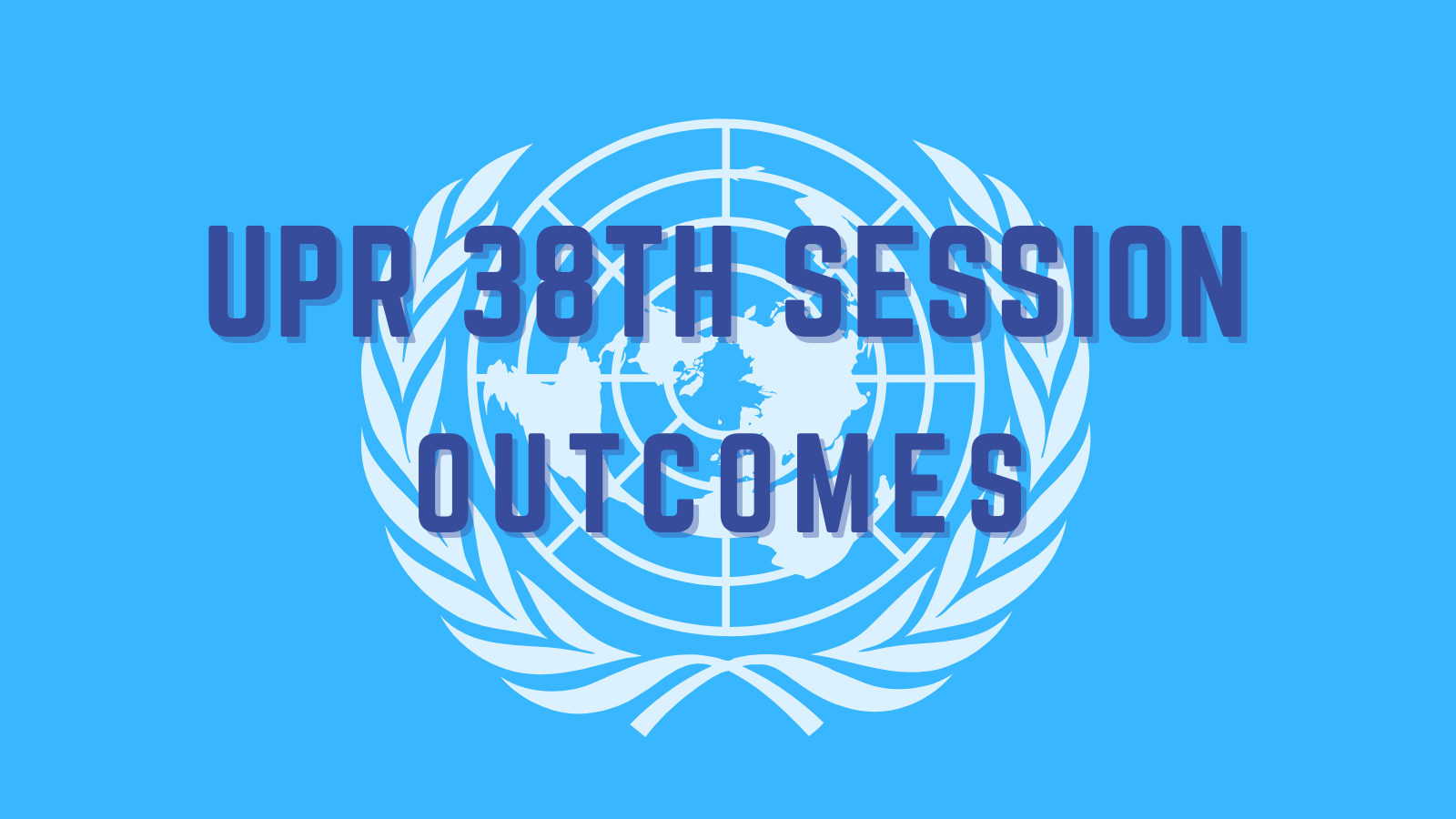The National Union of Somali Journalists (NUSOJ) welcomes the positive strides Somalia has made in the latest assessment of its human rights performance under the Universal Periodic Review (UPR), which the country submitted its national report to the United Nations Human Rights Review earlier in the year. The Working Group on the Universal Periodic Review has reviewed Somalia’s report and collated submissions on the human rights situation in the country during its thirty-eighth session held from 3 to 14 May 2021.
NUSOJ, in collaboration with the International Federation of Journalists (IFJ), made a joint submission to the report on safety of journalists, repressive laws curtailing journalistic rights and freedom of expression, gender-based violence, impunity, rampant crimes committed against journalists as well as the unrelenting murder of journalists; and made concrete recommendations on what Somalia should be doing.
NUSOJ commends the Federal Government of Somalia for its tenacity, openness and thoroughness in reporting on key human rights issues in Somalia as well as close consultations with the civil society during the process. There is clear indication that the country is consciously moving towards a stronger protection for human rights that is underpinned by progressive policy and legislative developments, despite the restrictive media legal regime and criminalisation of free expression including the practice of journalism through the old and outdated penal code of Somalia which still exists and is rampantly used against journalists.
During the session, Somalia was recognised for its efforts to entrench a human rights culture within Somali society for example by passing a law establishing the independent human rights commission although it is yet to be officially constituted and making progress towards promoting international human rights instruments by the ratification of key international conventions.
Feedback to Somalia on its report was extensive and over 100 country delegations made comments and recommendations. NUSOJ welcomes the fact that in total, Somalia supported 246 of the 273 recommendations made by the UPR Working Group in the latter’s July 2021 report. This progress is particularly encouraging when compared to the recommendations made to Somalia’s last UPR in 2016, as the government supported far fewer recommendations in that previous report.
As an organisation focused on media freedom and the rights of journalists, NUSOJ is also pleased to note that the Working Group specifically recommended that Somalia increases its efforts to ensure freedom of expression, and guarantee media freedom and an end to the harassment and detention of journalists and human rights defenders. There were also specific calls to fight against the impunity of perpetrators. These are also recommendations that Somalia supported.
“We welcome the Federal Government’s commitment to embrace a culture of respect for human rights. Freedom of expression, including media freedom, is the foundation for citizen participation in development. The real challenge now is for the Federal Government and its Federal Member States to turn these commitments into action by ensuring their officers at the different levels protect media freedom and freedom of expression, respect human rights, and uphold rule of law including the punishment of offenders from their own ranks to tackle the crisis of impunity,” NUSOJ Secretary General Omar Faruk Osman said.
While Somalia’s progress in regards to this UPR cycle is to be applauded, there is still a long way to go. Several Member States of the UN called for stronger action in regards to gender equality and violence against women. There were calls for Somalia to adopt legislation prohibiting all forms of sexual and gender-based violence against women. There were also calls to ensure that responses to violence against women be aligned to international law.
“This is something that NUSOJ continues to fight tirelessly for,” says Osman. “We have been campaigning for more recognition of the scale and impact of harassment and violence against women and have advocated for the enacting of the Sexual Offences Bill and the ratification as well as domestication of ILO convention 190 on harassment and violence at work as concrete solutions for dealing comprehensively with gender-based violence in Somalia. We fully intend to keep up our work in this regard, particularly as the issue of gender equality and women’s human rights are underscored in the UPR and Somalia’s subsequent support for the recommendations relating to gender equality.”
However, recommendations are only meaningful if fully implemented. NUSOJ will be paying close attention to the recommendations Somalia supported, in particular those that speak to media freedom, impunity and gender-based violence to ensure that these recommendations are actioned and implemented.

